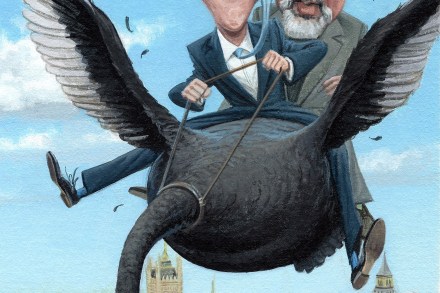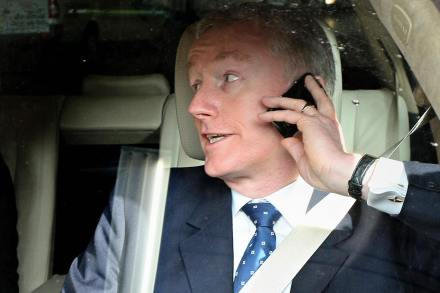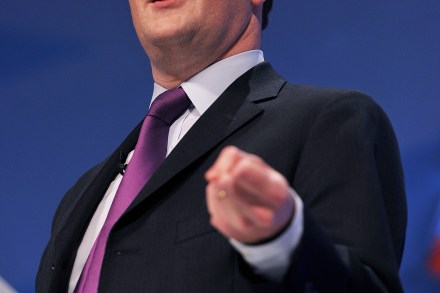Nassim Taleb: Ban Tesco bonuses
There have been precious few people able to make sense of the crash. The main commentators didn’t see it coming — and so have focused their energies stressing how no man born of woman could have predicted it. But Nassim Taleb did. He has been a voice of sense, originality and common sense throughout, and David Cameron has been listening. The respect is mutual: Taleb even described Cameron as ‘the best hope we have left on this planet’ because he understood the dangers of deficits. If CoffeeHousers haven’t come across Taleb’s books, such as Fooled by Randomness and Black Swan, I can’t recommend them enough. I met him recently, and




















